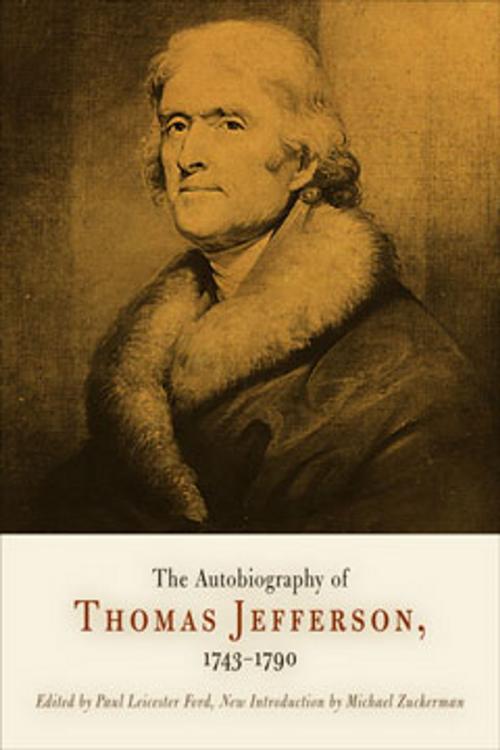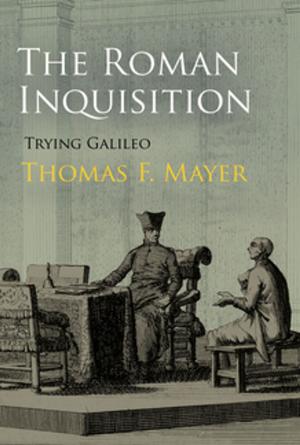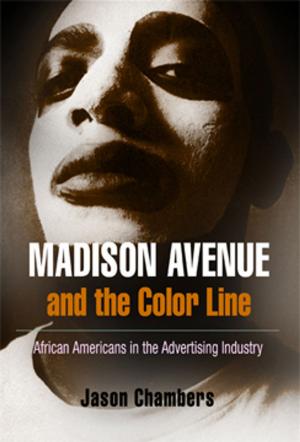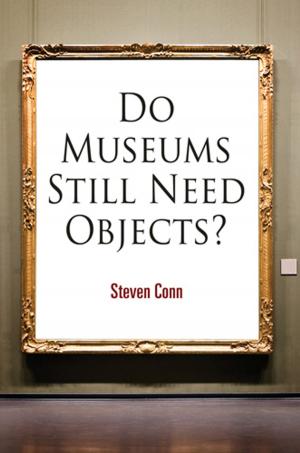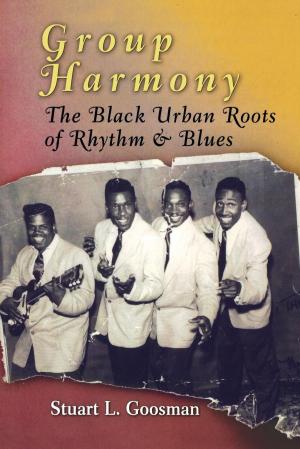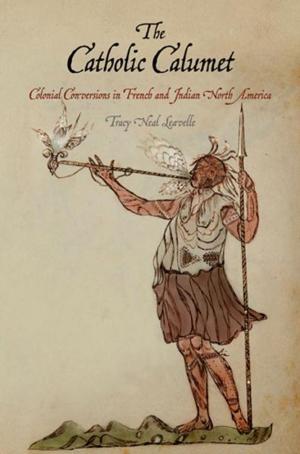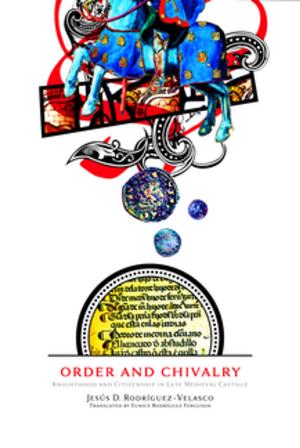The Autobiography of Thomas Jefferson, 1743-1790
Nonfiction, History, Americas, United States, Colonial Period (1600-1775), Biography & Memoir, Political| Author: | Thomas Jefferson | ISBN: | 9780812200102 |
| Publisher: | University of Pennsylvania Press, Inc. | Publication: | June 29, 2011 |
| Imprint: | University of Pennsylvania Press | Language: | English |
| Author: | Thomas Jefferson |
| ISBN: | 9780812200102 |
| Publisher: | University of Pennsylvania Press, Inc. |
| Publication: | June 29, 2011 |
| Imprint: | University of Pennsylvania Press |
| Language: | English |
In 1821, at the age of seventy-seven, Thomas Jefferson decided to "state some recollections of dates and facts concerning myself." His ancestors, Jefferson writes, came to America from Wales in the early seventeenth century and settled in the Virginia colony. Jefferson's father, although uneducated, possessed a "strong mind and sound judgement" and raised his family in the far western frontier of the colony, an experience that contributed to his son's eventual staunch defense of individual and state rights.
Jefferson attended the College of William and Mary, entered the law, and in 1775 was elected to represent Virginia at the Continental Congress in Philadelphia, an event that propelled him to all of his future political fortunes. Jefferson's autobiography continues through the entire Revolutionary War period, and his insights and information about persons, politics, and events—including the drafting of the Declaration of Independence, his service in France with Benjamin Franklin, and his observations on the French Revolution—are of immense value to both scholars and general readers. Jefferson ends this account of his life at the moment he returns to New York to become secretary of state in 1790.
Complementing the other major autobiography of the period, Benjamin Franklin's, The Autobiography of Thomas Jefferson, reintroduced for this edition by historian Michael Zuckerman, gives us a glimpse into the private life and associations of one of America's most influential personalities. Alongside Jefferson's absorbing narrative of the way compromises were achieved at the Continental Congress are comments about his own health and day-to-day life that allow the reader to picture him more fully as a human being. Throughout, Jefferson states his opinions and ideas about many issues, including slavery, the death penalty, and taxation. Although Jefferson did not carry this autobiography further into his eventual presidency, the foundations for all of his thoughts are here, and it is in these pages that Jefferson lays out what to him was his most important contribution to his country, the creation of a democratic republic.
In 1821, at the age of seventy-seven, Thomas Jefferson decided to "state some recollections of dates and facts concerning myself." His ancestors, Jefferson writes, came to America from Wales in the early seventeenth century and settled in the Virginia colony. Jefferson's father, although uneducated, possessed a "strong mind and sound judgement" and raised his family in the far western frontier of the colony, an experience that contributed to his son's eventual staunch defense of individual and state rights.
Jefferson attended the College of William and Mary, entered the law, and in 1775 was elected to represent Virginia at the Continental Congress in Philadelphia, an event that propelled him to all of his future political fortunes. Jefferson's autobiography continues through the entire Revolutionary War period, and his insights and information about persons, politics, and events—including the drafting of the Declaration of Independence, his service in France with Benjamin Franklin, and his observations on the French Revolution—are of immense value to both scholars and general readers. Jefferson ends this account of his life at the moment he returns to New York to become secretary of state in 1790.
Complementing the other major autobiography of the period, Benjamin Franklin's, The Autobiography of Thomas Jefferson, reintroduced for this edition by historian Michael Zuckerman, gives us a glimpse into the private life and associations of one of America's most influential personalities. Alongside Jefferson's absorbing narrative of the way compromises were achieved at the Continental Congress are comments about his own health and day-to-day life that allow the reader to picture him more fully as a human being. Throughout, Jefferson states his opinions and ideas about many issues, including slavery, the death penalty, and taxation. Although Jefferson did not carry this autobiography further into his eventual presidency, the foundations for all of his thoughts are here, and it is in these pages that Jefferson lays out what to him was his most important contribution to his country, the creation of a democratic republic.
